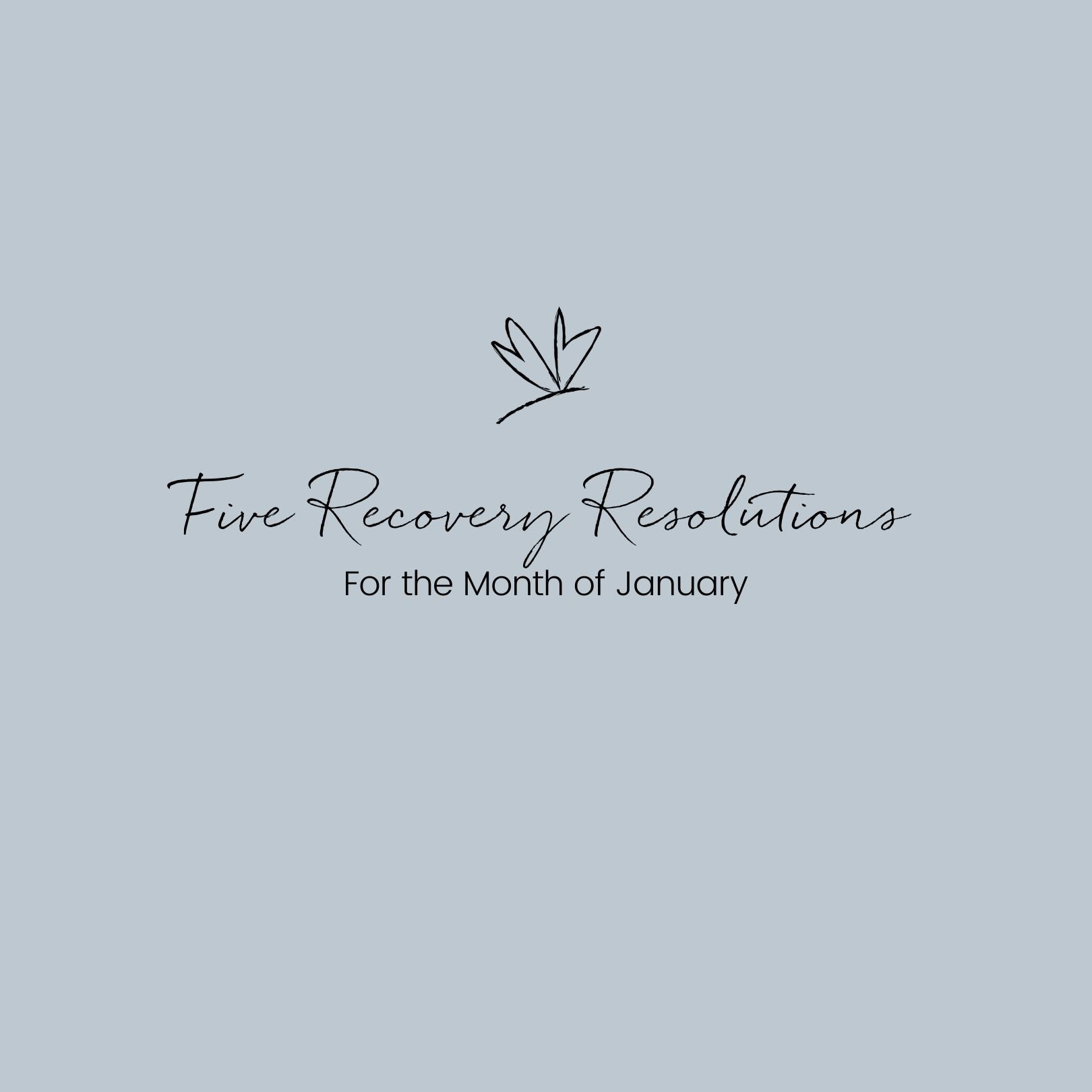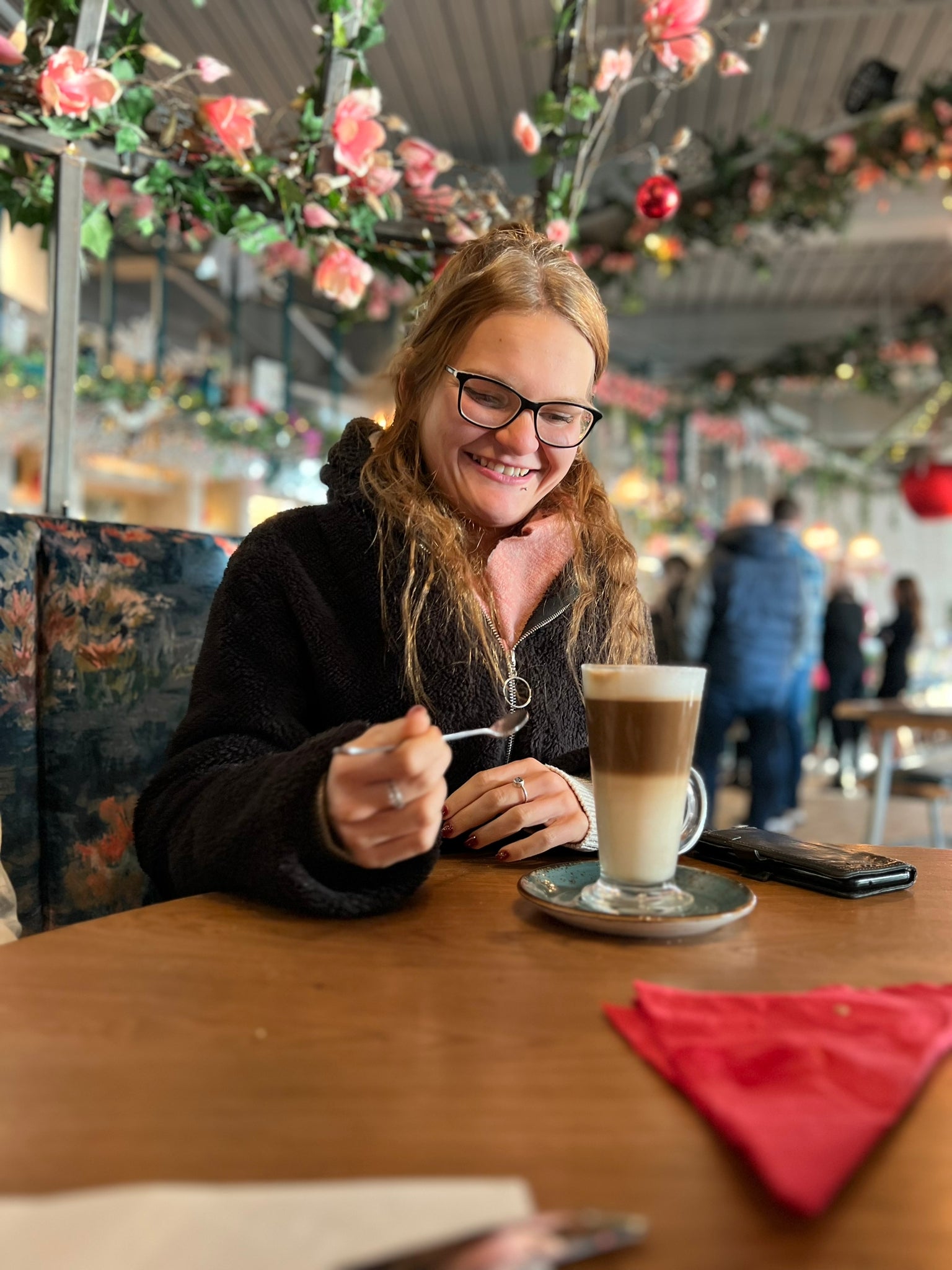A Recovery Victory Amid the Pandemic?
It’s difficult to see the good in something which has caused a global crisis.
It can be hard, amid the dire news, the devastating economic situation, and the individual reminders of hardship, to think that anything good may have evolved from Covid.
And yet, perhaps, in the world of eating disorder recovery, there really are those who have benefited and made successful strides in their bid for improved health.
Take Sally.
Sally is 24, has suffered from a restrictive eating disorder on and off since her high school years, and had found herself back in an inpatient unit just before Christmas 2019.
When Boris Johnson announced his lockdown command in March, Sally was very much ‘in the routine’ of hospital life.
Her weight was at something of a plateau, her mood an unpredictable rollercoaster, and her hopes for her future at something of a low ebb.
But…
Here’s the thing…
When Sally recognised that parental hospital visits were now off the agenda, and when she became aware that life ‘outside’ was unrecognisable and yet causing every man, woman and child to ‘take stock’…she began to find a motivation to get home.
What Sally spotted was that through her years of anorexia nervosa, she’d lived something of an isolating ‘lockdown experience’ of her own creation.
What she wanted now was to be able to enjoy the embrace of her family again, to play the lockdown games of monopoly and scrabble, to have the daily walk in the countryside with her parents, and to get to eat around the dining table which had once been such a warzone.
She no longer wanted to remain in a hospital institution, affected by the behaviours (and the cries and tantrums) of others, or to have a tray-delivered meal at her door every few hours.
Sally wanted a new life.
Thankfully, we can share the update that Sally took that motivation, realised the only way she would get hospital discharge was by gaining weight and being committed to her recovery – and now she’s back at home.
You might wonder whether this period makes it even tougher for someone post-residential to maintain that desire for wellness.
And indeed, you might naturally assume it’s an even more complex time for parents and siblings to get used to that person being back in the family home…but not necessarily.
What Sally’s family has been gifted is the opportunity to ‘be present’ with one another, and to walk the path of recovery post-hospital in a calmer, less distracted and more focused way.
Right now, while the doors of the world are opening again, they’re only doing so at a slow pace, and they’re certainly not representative of the life we once knew.
This means a family aiding a person’s eating disorder recovery, is not:
- Feeling obliged to hasten summer holiday plans and all the potential challenge of opinion and behaviour which comes with that
- Being lured back to a regular restaurant occasion
- Having to immediately face the questions about a return to school, university or professional pursuits
- Inundated with visits from well meaning friends and family
- Able to participate in so many daily pursuits, activities and encounters which we can all so often use as ‘distractions’ from the hard reality of how long it takes to really get to a ‘new normal’ after an eating disorder
Our entirely different world has instead given Sally and her family some slowed-down time in which to worry less about the busy-ness of the universe, and instead to rebuild their relationships with one another.
They’re able to embrace each day at a different pace, maintaining a watchful eye on when and how the eating disorder might threaten to show its face again.
Of course, a story as positive in outcome won’t be true of everyone, but it may be something from which you can draw some parallels.
If not, perhaps you can take some aspects of it to find motivation for your own recovery at this time.
Please let us know your thoughts and experiences.
- Jul 2020





